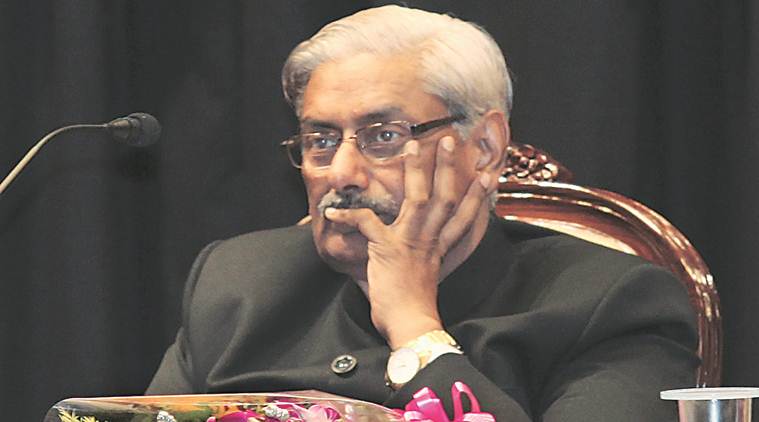One of the most important matters ongoing in the Supreme Court is the correct interpretation of Section 24 of Land Acquisition, Rehabilitation and Resettlement Act, 2013 (Land Acquisition Act, 2013). The said provision deals about the right to fair compensation and transparency. The matter was posted before a five-judge constitution bench comprising of Justice Arun Mishra, Justices Indira Banerjee, Vineet Saran, M R Shah and Ravindra Bhat. The matter is ongoing since October 2015 before the Supreme Court.

The matter came before the constitution bench of the Supreme Court after there was a conflicting decision earlier by two three-judge benches. The two benches earlier involved with the case was one of the former Chief Justice of India, R M Lodha along with Justices Madan B Lokur and Kurian Joseph (now retired). And the other was of reference made to the former Chief Justice of India Dipak Misra along with Justices A K Sikri, A M Khanwilkar, D Y Chandrachud and Ashok Bhushan.
However, the matter got adjourned before the aforementioned bench as it was occupied with delivering judgment on the landmark Aadhar case. Moreover, Justice Sikri also retired from his office in due time. The case once again appeared before the said bench led by the present CJI Rajan Gogoi. However, it saw the fate of adjournment once again as the questions required to be answered were not formulated them.
With the Ayodhya case in which the Supreme Court reserved its judgment and the ongoing petitions on the recent move of the Centre to abrogate Article 370, the case reached before a constitution bench headed by Justice Arun Mishra. The involvement of Justice Mishra in the said bench hearing the matters on the interpretation of a provision of the Land Acquisition act is disputable, and some land associations sought the same.
The major issue that arises in this matter and the involvement of Justice Arun Mishra is that he was a part of the benches which once already delivered its judgment in 2018. Therefore, the move was not to let Justice Arun Mishra re-examine a decision he had given in 2018.
‘My conscience is clear before God’, says Justice Arun Mishra
Today the air around Justice Arun Mishra recusing himself from the matter has met some clarity. He has clarified that he is not recusing from the said matter and is posted for hearing from 2 pm today. On earlier occasions as well Justice Mishra was reluctant to recuse from the said matter. He said:

“Is this not maligning the court? If you had left it to me, I would have decided… But you are taking to the social media to malign me… and the Chief Justice of India?… Can this be the atmosphere of the court? It can’t be like this… Tell me one judge who has not taken a view on this. Will that mean all of us are disqualified?… This matter should not have been listed before me. But now it is before me, so the question of my integrity has arisen.”
He also remarked that he is aware that his view on the matter of recusal might attract criticism. He said that he might not be a hero and as well be a ‘blemished person’. However, his decision to not recuse from the matter arises from the fact that he is satisfied that his ‘conscience is clear before God’. He has refused to budge from the matter and has said that if he has the apprehension that any extraneous factors are affecting the present matter before the Constitution Bench, he will be the first to recuse.
In 2018 the court ruled by a 2-1 majority observing that if a landowner refuses the compensation offered to him by the developer, he cannot in no manner take advantage of his own wrongdoing, and have the acquisition proceedings lapse under the old law.
Other judges of the Supreme Court strongly criticised the 2018 ruling. Justice Joseph remarked in an oral observation made in the court that the 2018 verdict has been delivered in complete deviance from “virgin principles” of the institution in declaring a verdict of equal Bench strength ‘per incuriam’. A per incuriam judgment is one which has no legal force or validity. Neither does a per incuriam judgment count as a precedent.

